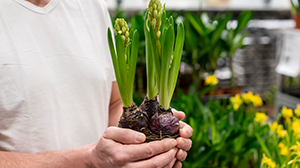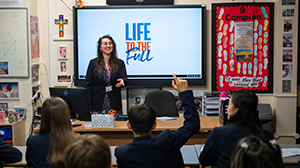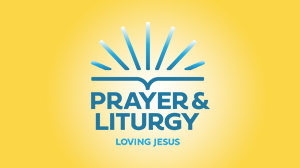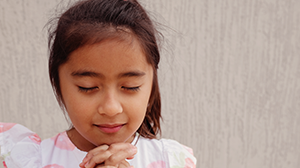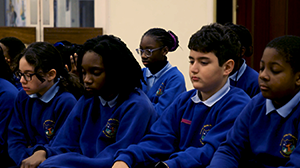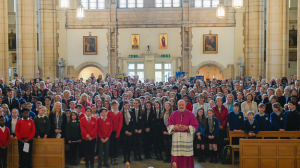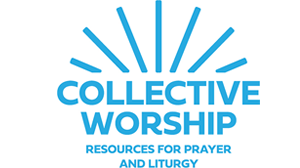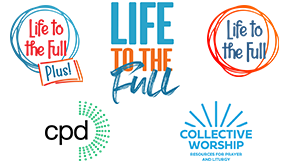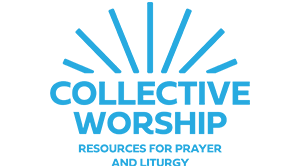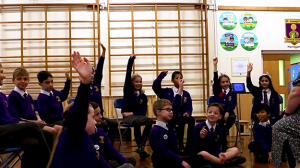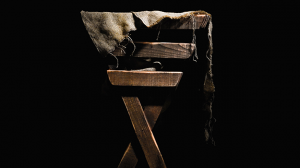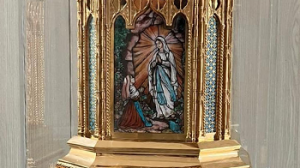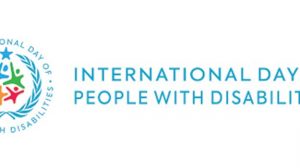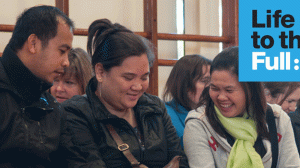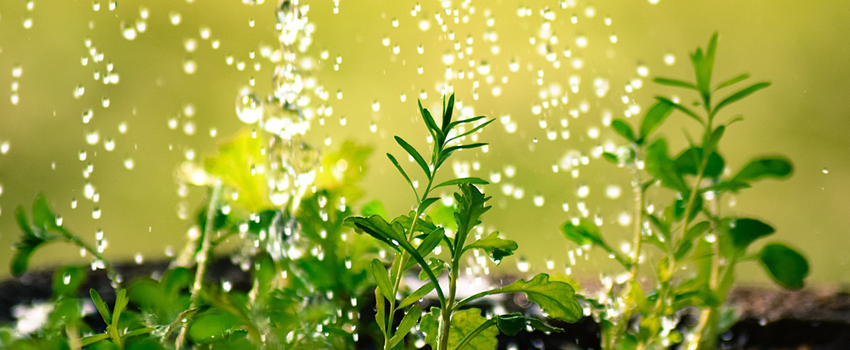
2024: The Year of Prayer
Pope Francis has proposed that the Church makes 2024 a year dedicated to prayer as a way of preparing for the Year of Jubilee in 2025. He is inviting each diocese to reflect on the importance of both individual and communal prayer. This, along with the new Prayer and Liturgy Directory ‘To love you more dearly’, is a chance for everyone in Catholic schools to renew their understanding and practice.
In one way or another the school day in every Catholic school is punctuated with prayer and in primary schools our Collective Worship resources will often be part of that daily or weekly rhythm. Prayer might happen all together in an assembly or during a Celebration of the Word or a Liturgy like an Advent service or the Mass. More often than not it will happen in our classrooms, during tutor time, at the start or end of each lesson, before lunch or maybe at the end of each day.
Prayer can invoke many different reactions – negative and positive – in both staff and pupils. For some, it comes as naturally as talking to the person sitting next to them. For others, prayer feels like a struggle and perhaps at times even a waste of time. And both of these experiences of prayer can exist in the same person on consecutive days. No matter what our own experience may be, as teachers in a Catholic school, we need to acknowledge our role in supporting the developing prayer lives of the young people in our care. To do this it is worth stepping back to reflect on our own attitude to prayer.
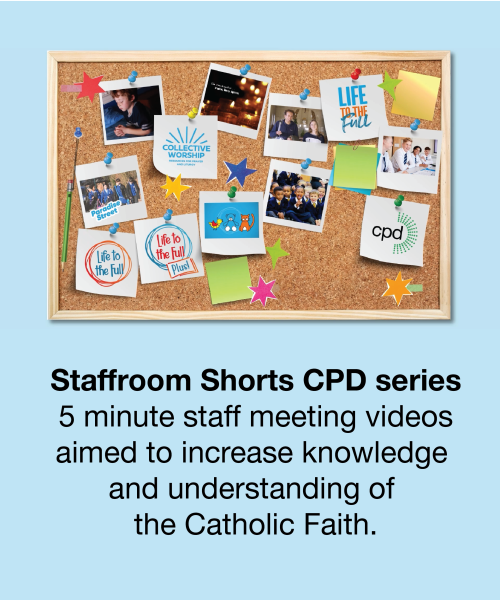
Authentic Witnesses
What is prayer? We probably know the textbook answers: it is about communicating with God, lifting our hearts and minds to God, spending time with God. But we can also acknowledge that it is a mystery and something we have never, ever mastered. This means that for both pupils and staff, there is more we can discover about prayer, whether that means learning new ways to pray or overcoming our lack of enthusiasm about leading or taking part in class prayers.
Wherever staff or pupils come from in their attitude to prayer, authenticity is essential. The new Religious Education Directory makes three key points about this in regard to those who are Christians:
Authenticity requires first that teachers who are Christians should bear witness to their belief. They don’t need to be experts at prayer to be an authentic witness. Pupils will know when a member of staff values prayer in the way they give it time and attention and that speaks volumes.
Secondly, being an authentic witness means having a deep commitment to being open to the struggles and difficulties people have around prayer and be willing to offer a response. It is important that those whom we invite to pray feel able to ask questions, especially the challenging ones. This openness is a reflection of the belief that God’s love for us isn’t dependent on our faith in Him. He is constant, through all our questioning and doubt.
Finally, authenticity means facilitating dialogue with those of other religions or perspectives and becoming guardians of that dialogue, to allow for differences and similarities around religion and faith to be recognised and to build relationships around those.
Pope Francis, when speaking to a group of students, said that
This reminds us that growth in prayer and growth in our openness to others can go hand in hand.
Growing in Prayer
One of my favourite analogies about prayer comes from St Teresa of Avila – and this could be a useful way of talking about prayer with pupils and students as well as staff. She explains how prayer is like watering your garden, the garden of your soul. She suggests that there are four different ways to water it.
Firstly, you have to go and fetch water from the well, fill your bucket and take it to the plants in your garden. It takes effort, it’s not easy and can even be a bit uncomfortable. I often think this is how we can start off praying. Doing all the heavy lifting ourselves and thinking that prayer is more about what we do than what we allow God to do in us.
The next way involves building a waterwheel and aqueducts. This may be a more efficient way of watering the garden but it still involves a fair bit of effort in the beginning. This image reminds us that our prayer life once it has a structure begins to flow as if of its own accord but it still feels very ‘man-made’.
The third way to water the garden is by relying on a water source, such as a stream or a river. The water is able to naturally water the ground and the land around will be more suited for growth. If we reach this point in our prayer lives we are allowing God to do most of the work. It requires very little from us, other than being there and being open to His grace.
The final way the garden can be watered is when it rains. This means of watering doesn’t require any particular skill from the gardener. When we apply this to prayer it shows a complete abandonment to God and the graces that come from Him by which he can transform our lives.
Just like the plants in the garden, we usually are unaware of ourselves being nourished and we take water and growth for granted. This can teach a lot about prayer. We might not see the effects of prayer instantly and they may manifest in a way that we did not expect at all. And as for what is going on in our heart (meaning in the place of our deepest self, the place of decision), we often have no idea!
We all have room to grow
To finish, it is important to remember that none of us are the finished article when it comes to prayer. But that does not mean we are not in good company – both in terms of those who have gone before us, but also among many celebrities of today who are not afraid to say: ‘Yes, I do pray’. You may already be familiar with the Hallow App where you can get support for your prayer life from the likes of Liam Neeson, Mark Wahlberg, “Bible in a Year” podcast host Father Mike Schmitz and Rwandan genocide survivor and author Immaculée Ilibagiza.
A reminder again that you can catch the first episode on prayer from our Catholic Life: The Basics. The other episodes in the series look at the sign of the cross, the Our Father, Mary, the Bible and the Mass. Each of the Staffroom Shorts series is made up of six videos lasting just a few minutes that aim to increase subject knowledge for teachers on topics related to Catholic Life and RSE. These short videos would make a great addition to your weekly staff meeting.
Upcoming CPD
Would you like to to meet with some of the Ten Ten Resources team and colleagues from across the country to ask questions, received updates and share best practice? Why not sign up for one of our 45 minute Iron Sharpens Iron sessions in the new year?
- Iron Sharpens Iron EYFS – Wednesday 17th January 2024
- Iron Sharpens Iron KS1 – Wednesday 7th February
- Iron Sharpens Iron LKS2 – Wednesday 6th March
It’s not too late for sign up for our Advent Retreat sessions for staff. Find out more here.
Once again, just a reminder that if your school is not already subscribed to our CPD Package you can find out more by going to the CPD page on our website. Here you can sign up to a trial that gives full access to all content for 3 weeks for three members of staff and/or governors.
Sign up for 3 week trial of CPD Package

